Whilst it can be a nasty shock to discover maggots in your bin it’s not a surprising occurrence. The reason being that bins are the perfect breeding ground for them, particularly during warm weather.
Whether in your indoor or outdoor wheelie bin, it’s possible to tackle these pests and take steps to prevent them from forming. Whilst maggots themselves aren’t harmful, if they are allowed to turn into flies, then you could have a problem on your hands.
Pest control and cleaning experts lend their expertise on how to rid you of this grim household problem and start afresh.
1. Destroy the maggot infestation
If you’ve discovered a maggot infestation the first step is dealing with them, then it’s possible to move on to preventing the problem by retrofitting fly screens etc.
“As the temperature increases, it’s not unusual for maggots to be found among rubbish as flies become drawn to leftover waste which rots faster in the heat,” says Nancy Emery, a cleaning expert at Tap Warehouse.
“Cleaning your bin with a white vinegar and hot water solution is sufficient to extinguish maggots and their eggs, too,” she says. A solution of bleach and boiling water will also work.
Another method is to use ENTOPEST 500g Non-Toxic Diatomaceous Earth Powder at Amazon which can be sprinkled on maggots to dehydrate them and kill them off.
It’s crucial to kill the maggots and their eggs properly before cleaning out your bin to prevent the infestation from reforming.
Shop maggot repellent for bins
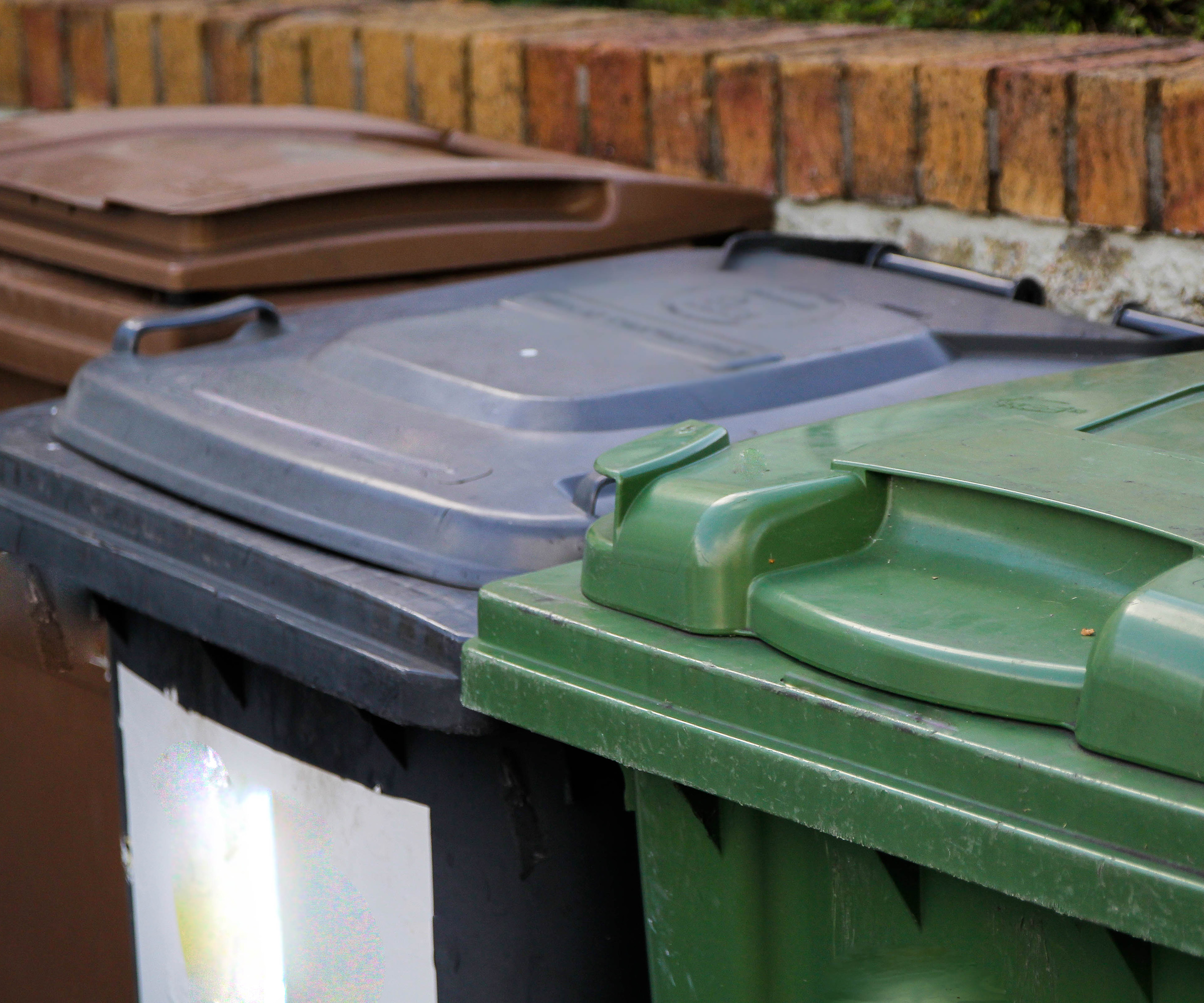
2. Next, clean your bins
Once you’ve destroyed the maggots effectively, it’s likely that you will want to take the opportunity to clean out your bin, to prevent any unpleasant odours and give it an overall refresh.
If you’re tackling your wheelie bin, you may just want to kill the maggots and leave it at that as it’s a much more cumbersome job to clean a wheelie bin than a kitchen bin. Companies such as Fresh Bins UK offer bin cleaning services which can be booked online and leave your bin pristine.
Kitchen bins can be tackled by yourself. Cleaning expert Matthew Harrison at PriceYourJob.co.uk suggests it is a good idea to thoroughly clean your bin, ideally every one to two weeks or at least once a month.
“You can use a pressure washer, or hose and scrub both the inside and outside of the bin with a brush or broom. You can use either a cleaning detergent or a mixture of dishwashing liquid and water. Every couple of days, wipe over the lid of the bin with a disinfectant spray, as this gets covered in grime and germs every time we touch it,” says Matthew.
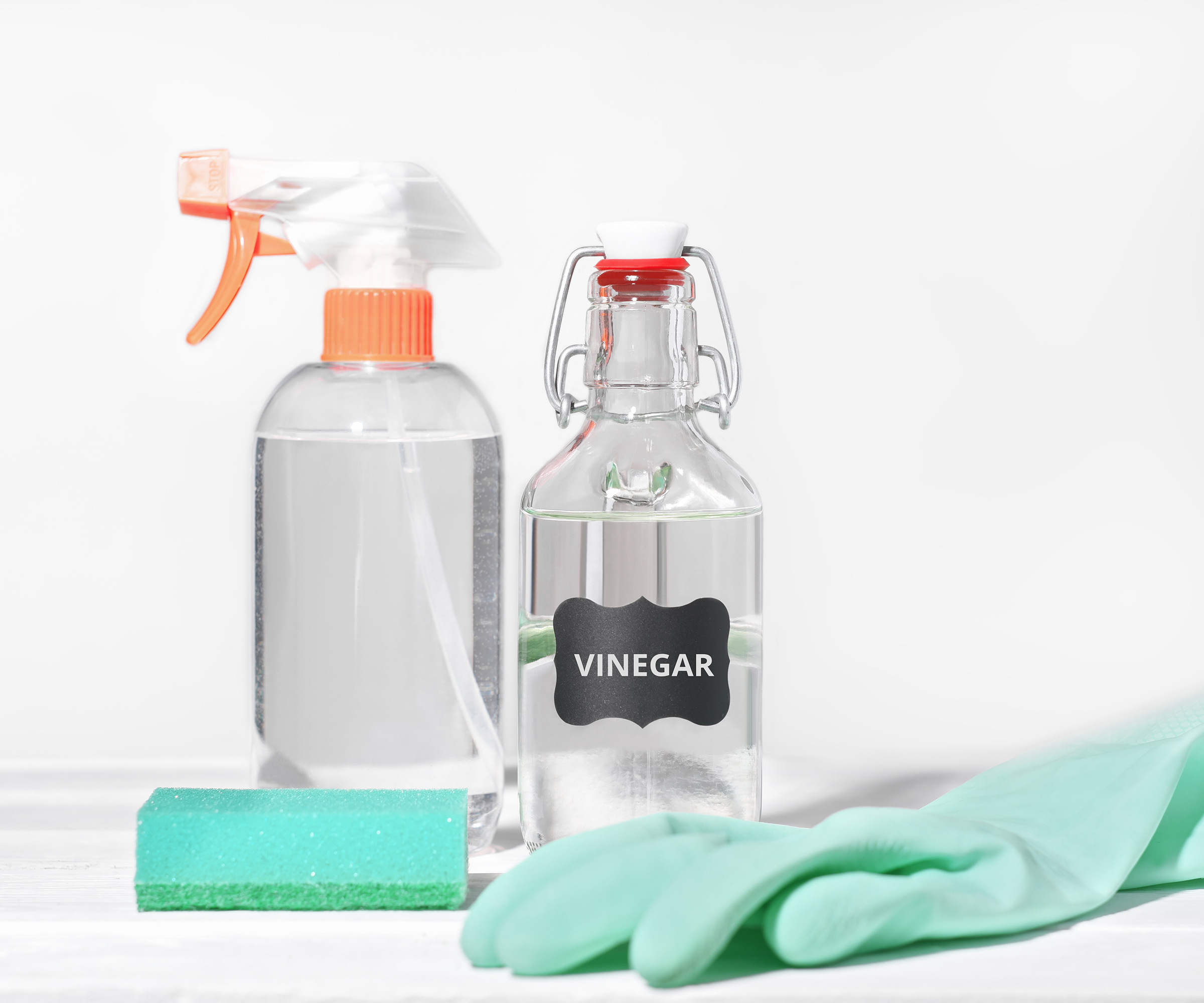
3. Prevent maggots from recurring
Going forward, prevention is better than cure:
- Prevent access points: The best way to stop flies breeding inside and producing maggots in kitchen bins is to prevent access of the flies to the bins in the first place,” says Sophie Thorogood, technical training manager at Pelsis. “Make sure the bin is left fully closed, this stops the flies getting access to the food material to breed in. If your bin has a cracked lid or is without a lid, I would recommend replacing it or covering it so the flies are unable to physically get to the waste material.”
- Empty bins regularly: Of course, if this is your wheelie bin then you are very much beholden to your local council on how regularly bins are emptied. However, with your kitchen bin Sophie suggests this should be at least weekly to remove the food source which will help deter wasps and other insects as well as flies. “Flies will breed quickly in the summer due to the warm weather and regularly removing the waste will stop the life cycle inside your home,” says Sophie.
- Use strong bin bags: “Strong bin bags are essential. If you’re using flimsy bin bags that tear regularly, you’ll likely have to clean liquid from decaying food that is more likely to leak out from knicks and tears in your bin liner. If not cleaned properly, this can cause horrible smells and attract nasty pests like maggots,” says Nancy Emery, a cleaning expert at Tap Warehouse.
- Keep your bin in a shaded area: Nancy also recommends you keep your bin in a shaded area of your kitchen. Or if it’s your outdoor bin consider keeping it shades under storage. “Heat from direct sunlight can accelerate decomposition, leading to stronger smells. Shading helps keep the bin cooler and reduces odour buildup.”

FAQs
How long can maggots live in a bin?
“The length of time that the immature fly survives as maggot really depends on the temperature and food availability. In the summer months, the life cycle of a blue bottle or house fly can be as short as 3 -4 weeks under ideal warm conditions but may extend to over a month with cooler temperatures or food scarcity,” says John Stewart pest control expert at Pelsis.
Are maggots harmful?
“Maggots themselves present a low risk to health. However, you should always wear gloves when cleaning maggots out of a bin due to the risk of bacterial infection. It’s only when they become adult flies that they present a real danger due to their ability to transfer bacteria on their bodies to foodstuffs, utensils, and work surfaces,” says pest expert John Stewart.
“A fly can carry an enormous number of bacteria, ranging from millions on its body to a vast diversity of types internally and externally. Studies show house flies can harbour hundreds of bacterial species, with individual flies potentially carrying over 1,600 types and millions of individual bacterial cells.”
“This extensive load of germs, picked up from faeces and decaying matter, is then efficiently spread by the fly to food and surfaces, potentially transmitting diseases like typhoid, cholera, and dysentery.”
As well as having a front garden which smells fresh by sorting out your wheelie bin have a look at these front garden ideas which will bring stylish kerb appeal to your space/

John Stewart BSc is a technical training manager at Pelsis, a leading global pest control manufacturer and supplier, with over 20 years of industry experience. A graduate and industry-qualified biologist, he delivers specialist training across domestic and industrial sectors in the UK.

Nancy Emery
Nancy has worked in the lifestyle sector for 17 years and is the resident lifestyle expert at Drench. She has written articles on numerous topics, including: home, interiors, cleaning, parenting, life, food, fashion, beauty and more. On top of that, she’s a home improvement enthusiast and loves nothing more than crafting together inspiring and topical articles to help make your bathroom design choices that little bit easier. She scours the latest trends to give you up-to-date tips, showcases our new product ranges and reads deep into our audience insights to find out what you need to know – quick. From cleaning guides to next year’s hottest colours, she’s on it!

Sophie Thorogood is a technical training manager at Pelsis, a leading global pest control manufacturer and supplier. With a background in biology and entomology, she designs and delivers comprehensive training programmes, helping industry professionals develop technical expertise and stay informed about the latest best practices. Sophie is also an advocate for increasing female representation in the pest control industry, recognising its vital role in public health.
View the original article and our Inspiration here

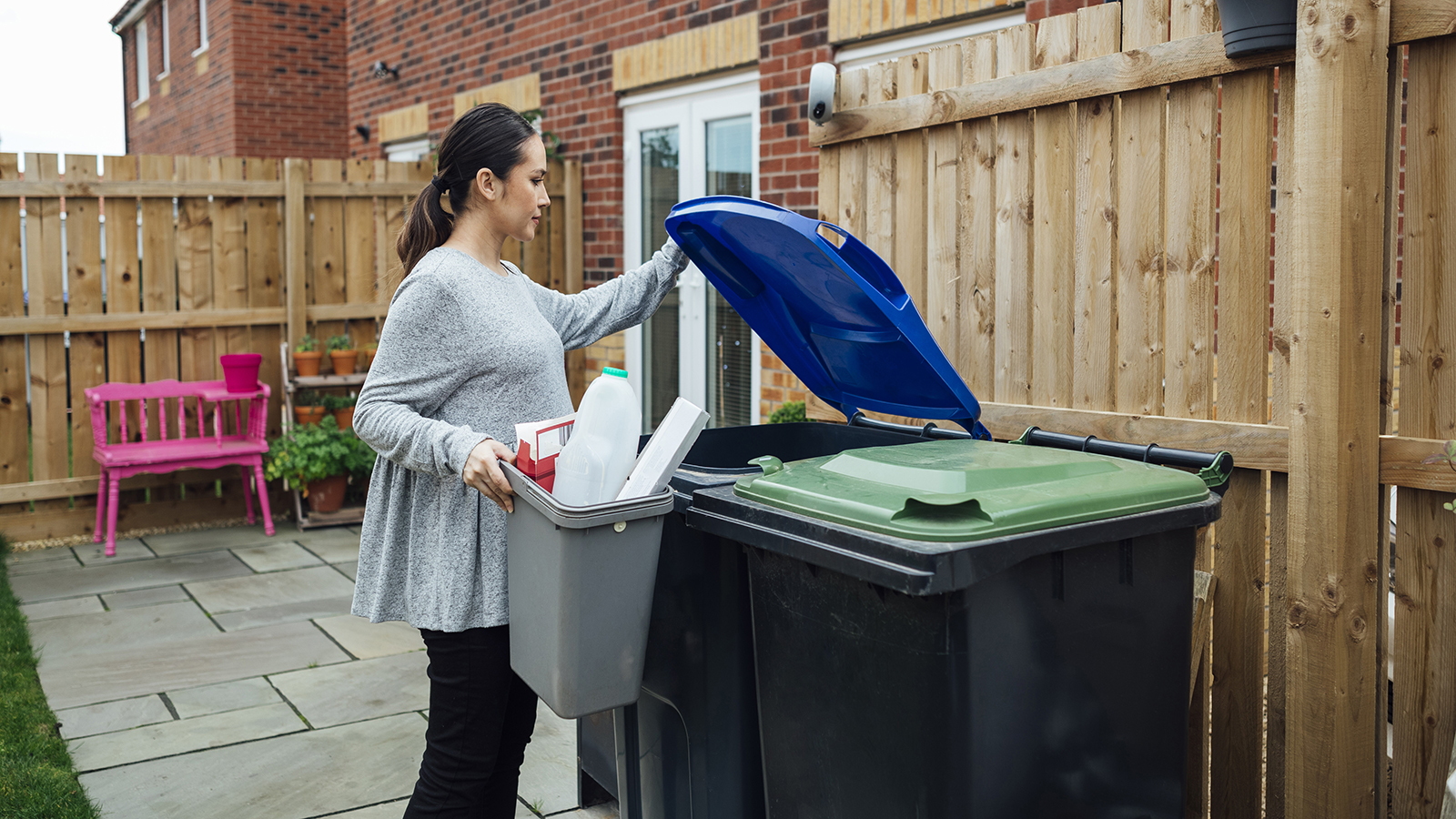
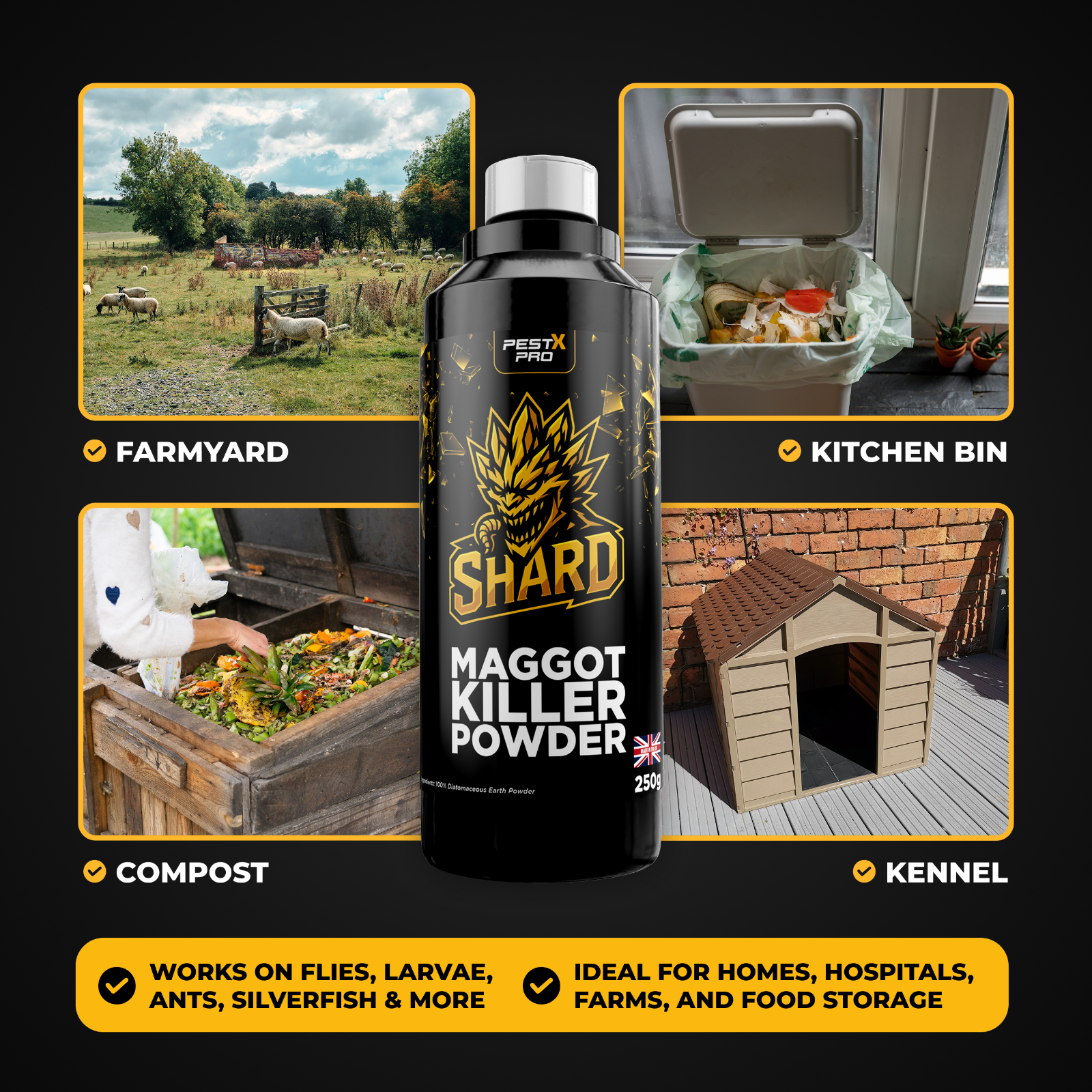
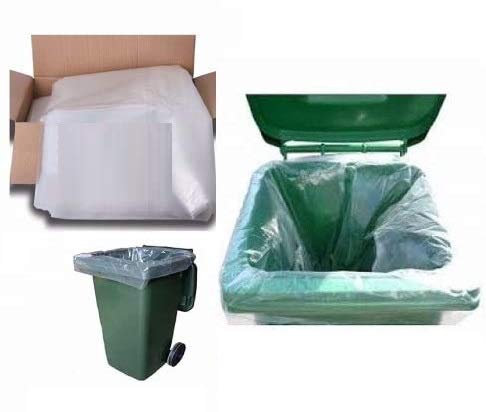
Leave a Reply